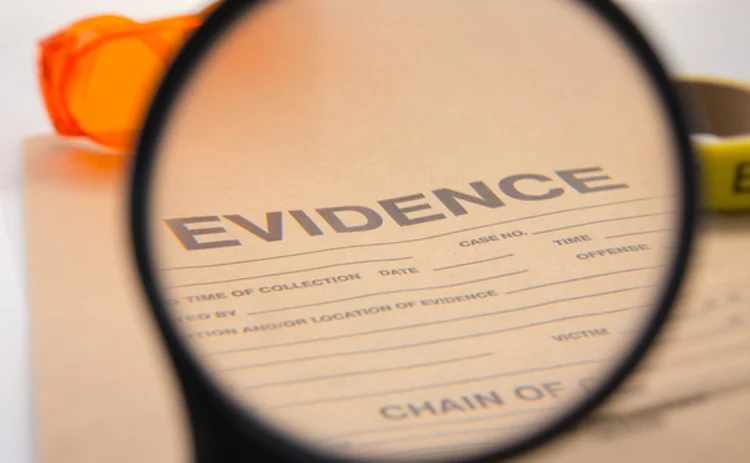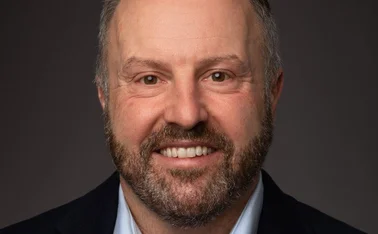
Legal Update: What compensators can do when evidence comes to light late

Need to know
- Additional evidence usually cannot be placed in front of the court at a stage-three hearing
- An insurer's lawyer can apply for an order to deal with a claimant's lack of disclosure
- A recent case saw the claim moved to Part 7 and ultimately struck out
Compensators can take steps to handle a claimant's lack of disclosure, even after making a stage-two offer.
The portal procedure has undoubtedly increased the speed at which investigations are progressed, which is a welcome development in terms of efficiency - for insurers and claimants alike.
However this increased momentum does limit the timescale within which new evidence can ‘emerge' independently of thorough investigatory steps being taken. This can be a particular issue in investigations in which there are concerns that a claimant may not be acting honestly as it is not unusual for crucial evidence to be received through insurers exchanging information. This is something that happens effectively between insurers on a regular basis, however common sense dictates that information can only be exchanged when it is received.
What happens then if that evidence comes to light at a late stage in the portal procedure, after the stage-two offer has been made? In usual circumstances, additional evidence could not be placed in front of the court at the stage-three hearing. Is there any way of getting round this?
In a recent case the claimant made a claim in relation to an accident in August 2015. The claimant disclosed a previous accident in October 2014, but did not tell the medical expert about a subsequent accident in September 2015 for which he was also making a claim for whiplash. We were alerted to the subsequent accident by a third-party insurer but only after the stage-two offer had already been made.
The case was set to be determined by Sheffield County Court at a stage-three hearing. Rather than wait until the hearing to argue the new evidence, we applied in advance for an order to allow the claimant's lack of disclosure to be dealt with.
This application resulted in us being granted permission to withdraw our stage-two offer and the claim was transferred to Part 7. In addition, we were awarded our stage-three costs and the claimant was ordered to reimburse costs paid to date, totalling £1416 for stage-one, two and three costs plus the medical report fee.
The claimant has subsequently failed to progress the case by serving Part 7 proceedings and the claim has been struck out, and the claimant ordered to repay the insurer's interim payment within 14 days.
The case has broken new ground. Many compensators faced with this scenario would have felt their only option was to attend the stage-three hearing and attempt to highlight the new evidence there. But that approach is risky, with the rules only allowing a judge to consider the limited evidence in front of him.
By making this application, we have recovered costs and had the claim moved to a more appropriate forum, and ultimately the claim has been struck out. In this case, the claimant was ‘cherry-picking' the information that he provided to medical experts in order to maximise his damages recovery for various accidents and it was essential to alert the court to this to ensure that the case could be justly disposed of.
This is a significant win and a useful example to other compensators of how they might deal more effectively with the situation in which, through no fault of their own, evidence comes to light late.
Only users who have a paid subscription or are part of a corporate subscription are able to print or copy content.
To access these options, along with all other subscription benefits, please contact info@postonline.co.uk or view our subscription options here: http://subscriptions.postonline.co.uk/subscribe
You are currently unable to print this content. Please contact info@postonline.co.uk to find out more.
You are currently unable to copy this content. Please contact info@postonline.co.uk to find out more.
Copyright Infopro Digital Limited. All rights reserved.
You may share this content using our article tools. Printing this content is for the sole use of the Authorised User (named subscriber), as outlined in our terms and conditions - https://www.infopro-insight.com/terms-conditions/insight-subscriptions/
If you would like to purchase additional rights please email info@postonline.co.uk
Copyright Infopro Digital Limited. All rights reserved.
You may share this content using our article tools. Copying this content is for the sole use of the Authorised User (named subscriber), as outlined in our terms and conditions - https://www.infopro-insight.com/terms-conditions/insight-subscriptions/
If you would like to purchase additional rights please email info@postonline.co.uk
Most read
- Covéa shrinks staff numbers by almost a third amid further losses
- Aviva CEO warns home insurance premiums need to go up
- DLG or Esure – which Peter Wood baby is most likely to bounce back?








